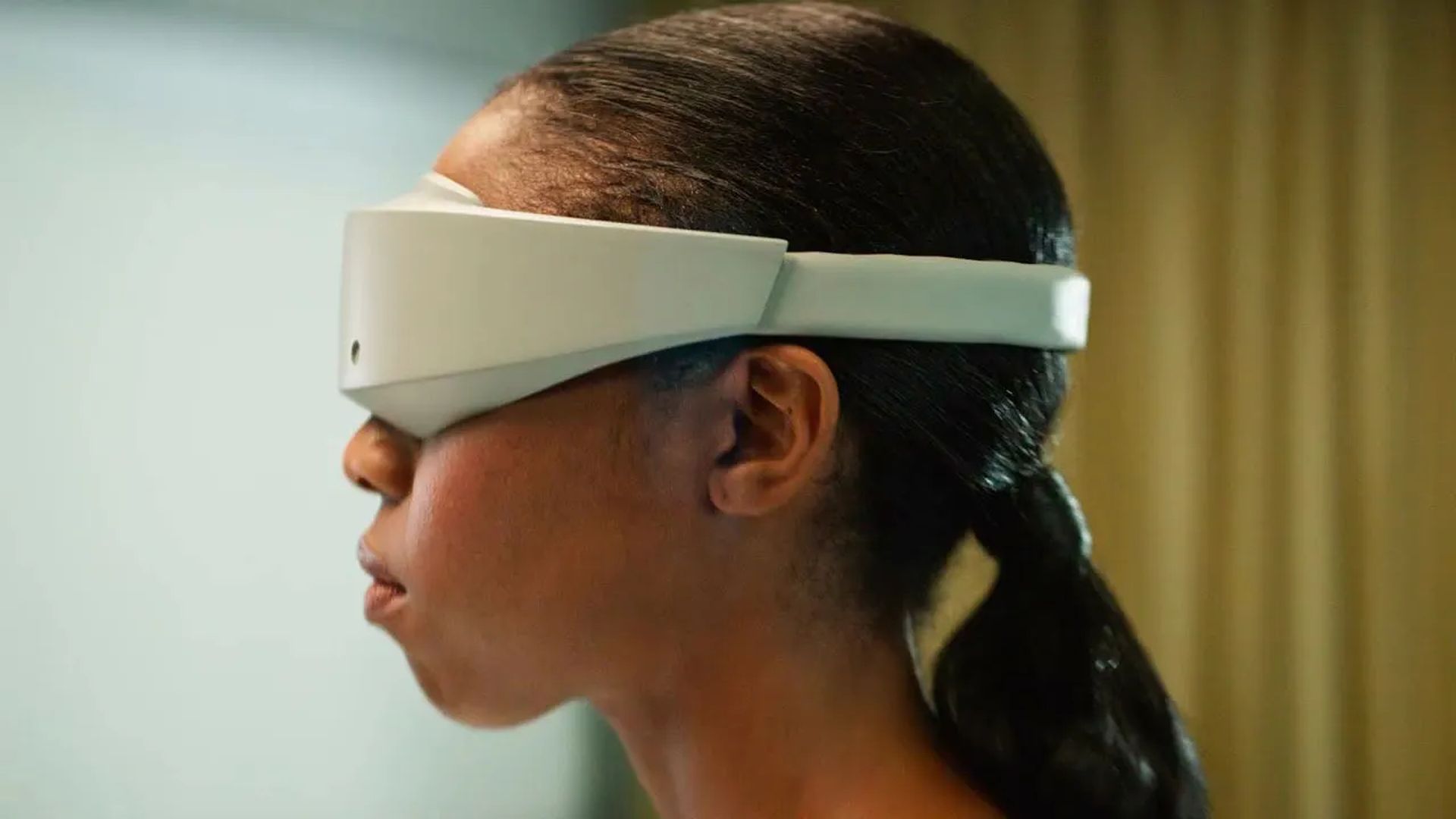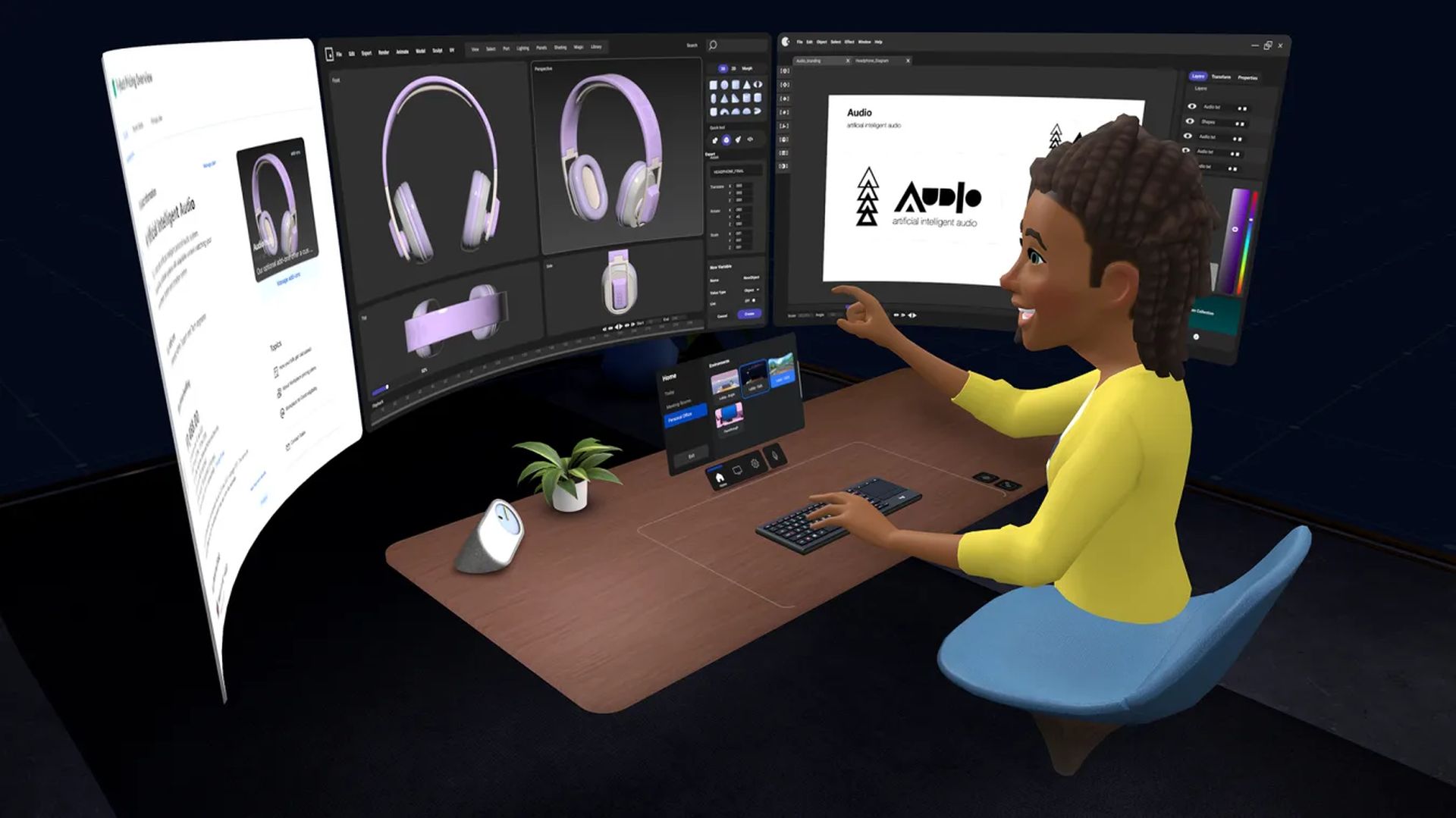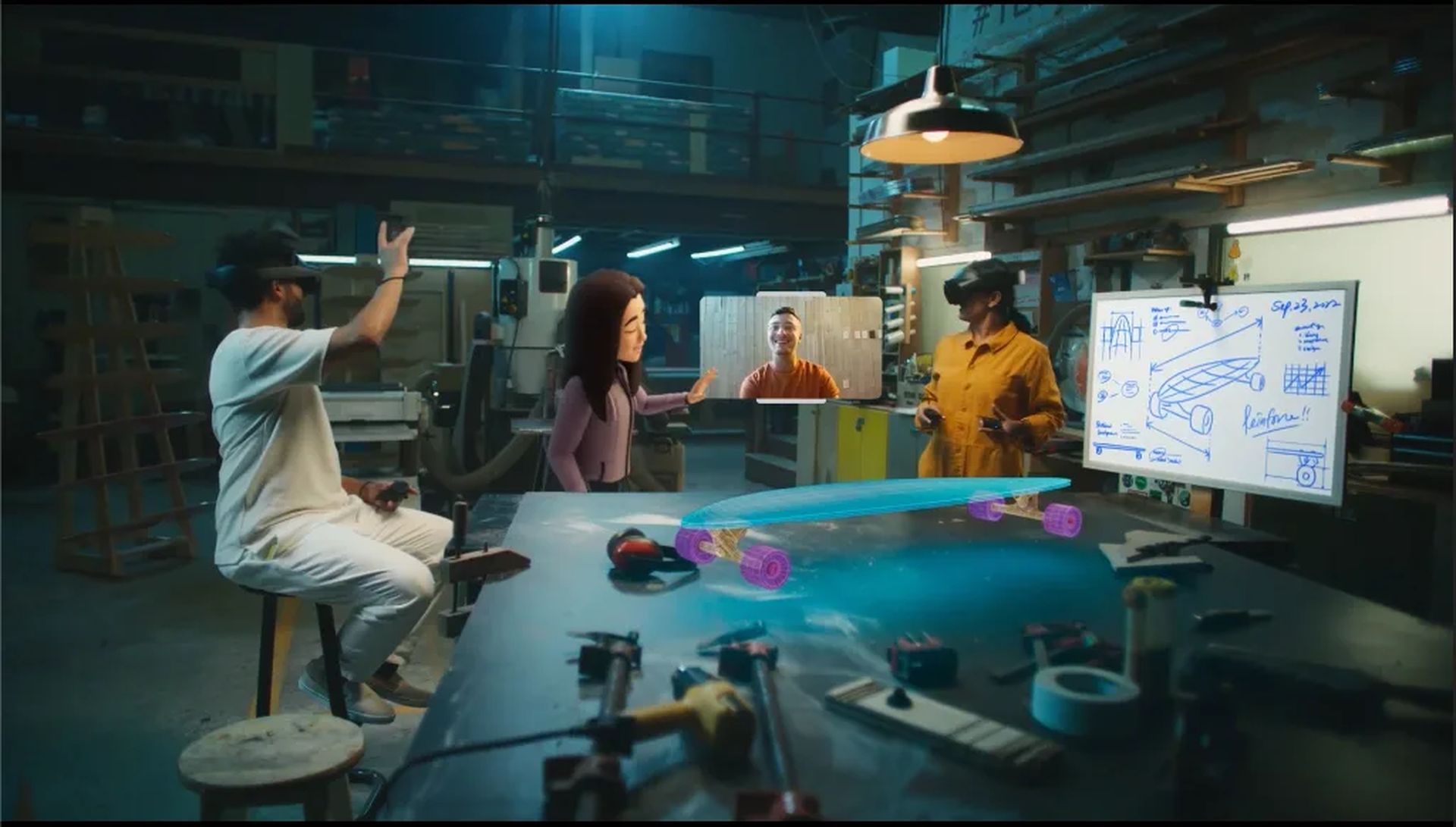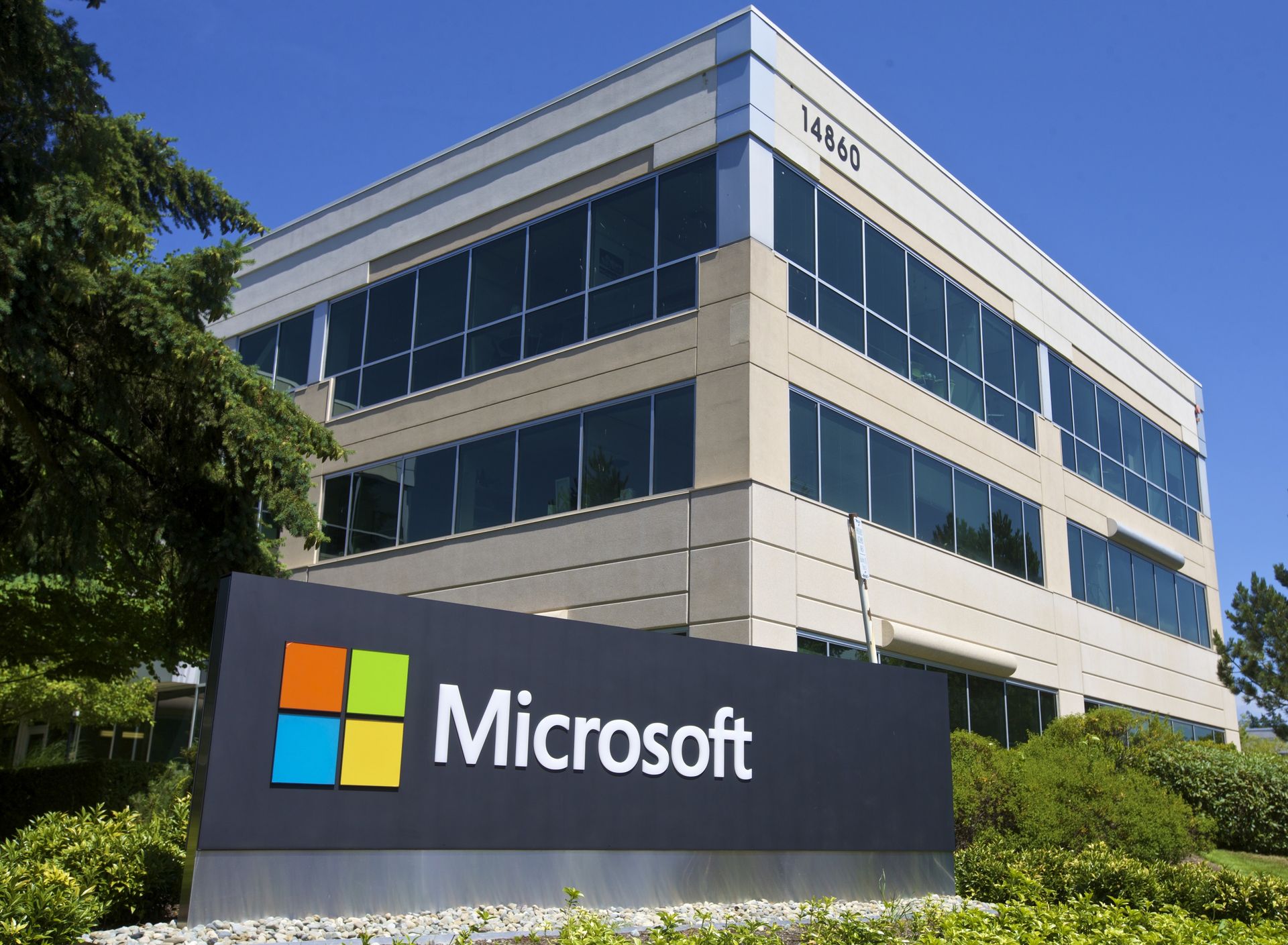- Microsoft is bringing its best-known services to Meta’s Quest VR headsets, starting with Teams, Office, Windows, and even Xbox Cloud Gaming.
- Microsoft appears to be tempering its own hopes for the future of work in VR and AR headsets; the company prefers to refer to them as “mixed reality.”
- However, Meta is essentially conceding defeat when it comes to the future of office productivity and collaboration solutions by working more closely with Microsoft Teams in VR.
- You might expect to learn more about Teams and perhaps its 3D metaverse avatars tomorrow at Microsoft’s Ignite conference in Seattle.
Last year, it appeared that Microsoft and Meta were headed toward one another and would be fierce competitors for the future of employment in the metaverse. However, both businesses today declared a partnership to cooperate on the future of employment and even gaming in virtual reality. Starting with Teams, Office, Windows, and even Xbox Cloud Gaming, Microsoft is delivering its most popular services to Meta’s Quest VR headsets.
Unexpected alliance: Microsoft and Meta join forces for better virtual experiences
With this unexpected alliance, Microsoft and Meta will combine their respective capabilities. Microsoft sees a chance to expand Teams and other productivity features to a decent VR headset, and Meta gains a significant ally in its ambitious metaverse strategy.
“We are bringing a Microsoft Teams immersive meeting experience to Meta Quest to give people new ways to connect. You can connect, share, collaborate as though you were together in person,” stated Microsoft CEO Satya Nadella during Meta Connect today.
Even Microsoft’s adaptation of Meta’s avatar system for Teams and Teams receiving support within Meta’s own Horizon Workrooms are part of the Teams experience offered by the new Quest Pro and Quest 2 headsets.

“People will be able to join a Teams meeting directly from Workrooms. We think that this cross-device, cross-screen experience will be the foundation of the virtual office of the future,” Meta CEO Mark Zuckerberg stated during the event.
Future virtual offices won’t only be meeting spaces. Quest, Microsoft’s platform for streaming complete versions of Windows to devices, will now support Windows 365.
“With Windows 365 coming to Quest, you’ll have a new way to securely stream the entire Windows experience, including all the personalized apps, content, and settings to your VR device with the full power of Windows and Windows applications,” Nadella stated.
Microsoft’s Progressive Web Programs (PWA) technology also brings 2D versions of its Office apps to Quest. Although these won’t be fully fledged 3D versions of Office created for VR, it’s simple to picture Microsoft altering them in the future if there is interest in VR in the business world.
Xbox Game Pass Ultimate customers will be able to stream games thanks to Xbox Cloud Gaming, which will also be available on Meta’s Quest VR devices. Although it won’t be as intense as an Xbox game’s native VR experience, you will be able to play them using an Xbox controller on a sizable screen projected inside a Quest headset.

This strong and uncommon collaboration between Meta and Microsoft is crucial in this situation. This is the first significant relationship since the extensive Facebook integration in Windows Phone more than ten years ago, even though the two had worked together on Teams for Meta’s Portal devices and on various SharePoint and Outlook interactions.
Microsoft, which prefers to refer to them as “mixed reality,” appears to be hedging its own expectations on the future of work in VR and AR headsets. Microsoft has already dabbled with Windows Mixed Reality virtual reality headsets, but the company has never made its own hardware, and the quality of the software was subpar in comparison to more seasoned competitors like Oculus (formerly Meta Quest), Valve, and HTC. Microsoft has made significant investments in its augmented reality device, HoloLens, which it has marketed to enterprises as the future of collaboration.
After claims of verbal abuse and sexual harassment surfaced earlier this year, Alex Kipman, who oversaw Microsoft teams responsible for the creation of the HoloLens headgear and the Kinect motion controller, announced his resignation. That has raised questions about the future of HoloLens, especially in light of reports that Microsoft has abandoned plans for HoloLens 3.
That makes the timing of Microsoft’s Meta partnership particularly intriguing, as Nadella seeks to align Microsoft as the software and productivity tool company for VR devices instead of the manufacturer.

“We’re taking an approach to ensure that our software can benefit users on all their favorite devices, and that’s why I’m so thrilled about what we’re announcing today and how we’re bringing together the power of many of our most popular productivity tools with the new VR devices you’re announcing,” stated Nadella.
In its fight to become a reality, Meta now has a crucial ally, but there are also many indications that the metaverse will be difficult to create. Through its Workplace platform, Meta has been attempting for years to gain traction with business customers. By collaborating more closely with Microsoft Teams in VR, however, Meta is essentially admitting defeat when it comes to the future of office productivity and collaboration tools. It will be interesting to see how Microsoft implements its Mesh work for Teams in Meta’s Quest headsets because it was especially remarkable in virtual meetings last year.
This cooperation is still in its early stages; more information regarding the precise release date of these experiences will be provided in the coming months. Tomorrow, when Microsoft holds its Ignite conference in Seattle, you may anticipate hearing more about Teams and possibly its 3D metaverse avatars. Microsoft will also likely talk about the future of work, security, and other topics.





